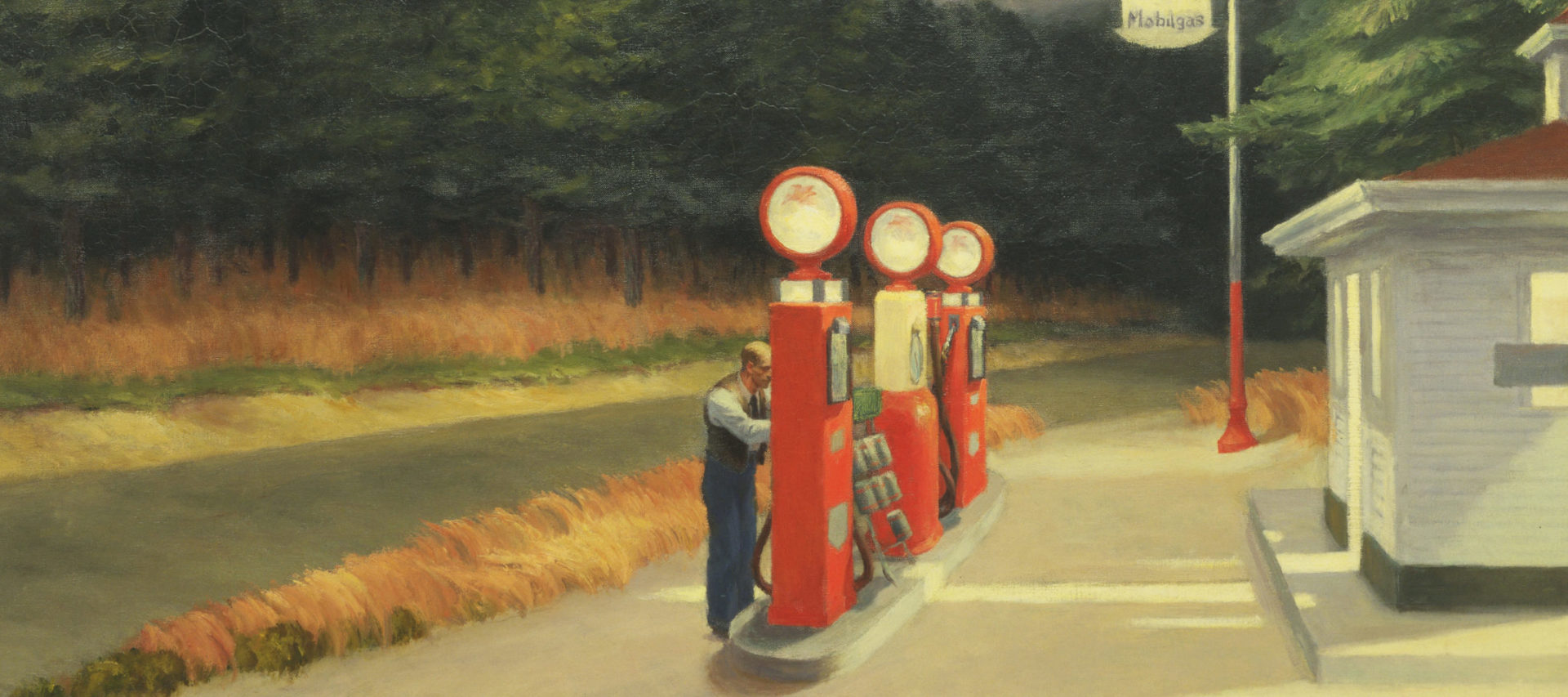

In the 1990s, the mavens of high technology praised in breathless tones a new “placelessness.” Thanks to the Internet and the forces of globalization, we were told, physical location would become irrelevant to our public and private lives.
Perhaps these claims were exaggerated. Indeed, place has urgently reasserted itself in the last decade — most powerfully after deadly world events, from terrorist attacks to massive natural disasters. Still, a subtler kind of placelessness does seem to be growing. The ties of social stability and economic security that bind us to places are weak. Commerce and communication have diminished regional and cultural differences. And many new technologies seem to encourage ignorance of the real world or to tempt us with virtual ones.
In a collection of essays, we consider place and placelessness in modern American life. Ari N. Schulman explains how GPS and location-awareness technologies are transforming travel and the way we experience the world around us. And a symposium of essays examines the meaning and importance of place from a variety of angles: memory, mobility, transportation, politics, and home.